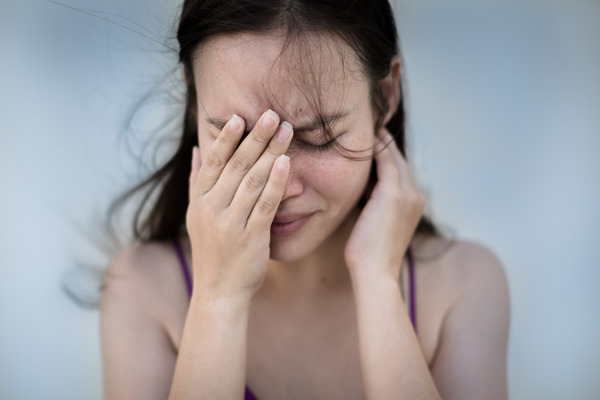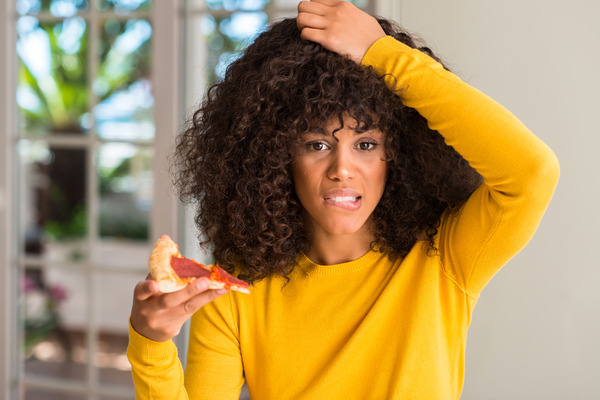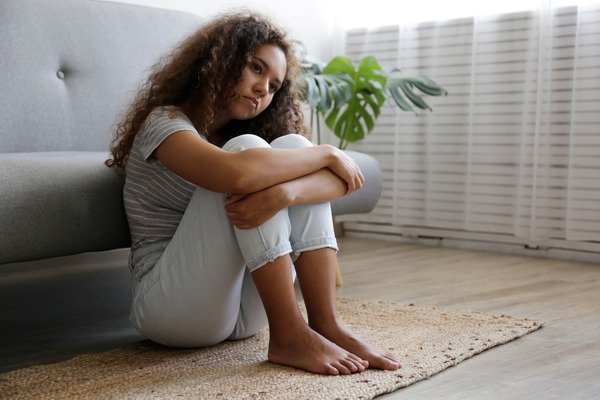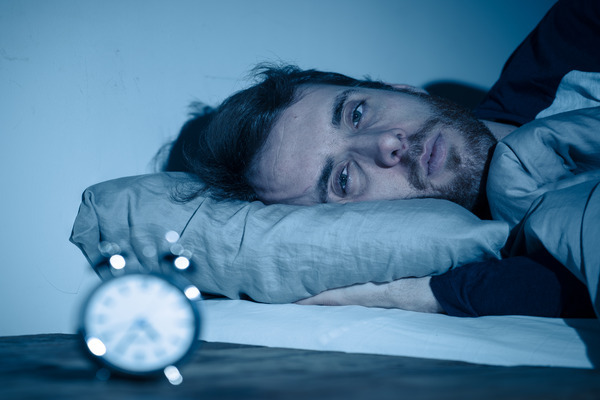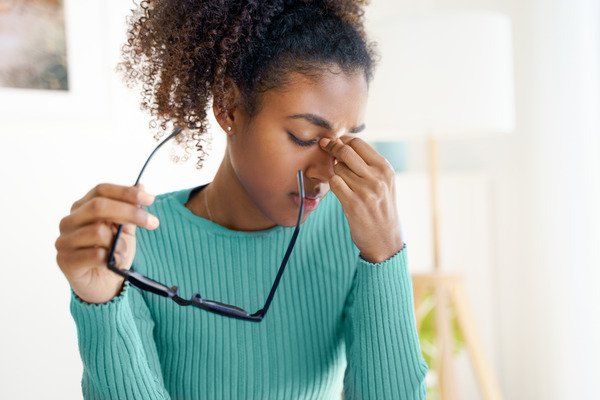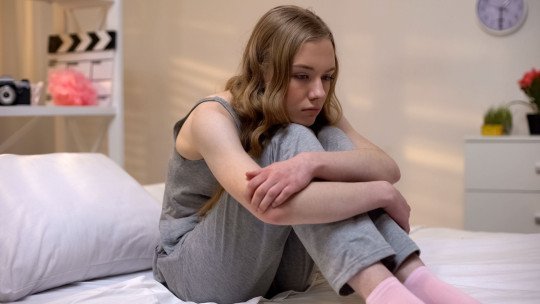Don’t you know how to combat the anxiety you suffer from? Do you think you don’t have the tools to do it? Find the most effective psychological techniques to control anxiety.
Currently the anxiety It has almost become a companion to many parts of society. The problem with this disease is its normalization, that is, people end up living with it despite all the problems it causes.
To try to combat anxiety The first and most important thing is to know what it is and how it works. The key to overcoming anxiety or controlling anxiety is knowing why it occurs.
How to manage anxiety?
To know how to reduce anxiety, it is important to understand how it works. The anxiety It is an automatic response of our body that has physical/physiological, psychological and social components. Let’s break everything down to understand it.
- Automatic response: First of all, an automatic response means that it will appear no matter what we do, therefore, the most key thing at this point is to accept its existence so as not to become more distressed every time it appears and to be able to overcome anxiety
- Body response: Secondly, the definition speaks of a response from our body. What should we do with everything that belongs to our body? Obviously, taking care of it, welcoming it, pampering it… because it is actually something positive, it has a function: to protect us from something that can be dangerous. Therefore, to know how to eliminate anxiety We must understand why our body reacts like this.
- Physiological response: Thirdly, it has physical/physiological components, that is, it is accompanied by some manifestations such as a higher heart and respiratory rate, a feeling of suffocation or tightness in the chest, sweating of the hands, armpits… it can be multiple and variable. depending on your grade. Therefore, for calm anxiety Many times it is recommended to perform breathing exercises.
- Psychological response: Fourthly, it has psychological components, that is, the emotion we feel is fear and is accompanied by catastrophic or negative thoughts: I will not be able to, it will go wrong, I will faint, I will lose control… They can also be multiple and variables. Here is another aspect to take into account: the personal history of each of us, where we have had experiences that have left a mark on us and will influence our way of life. manage anxiety
- Social components: Fifthly, it has social components, that is, the anxiety it can increase or decrease in the presence of others and can therefore influence its manifestation. Many times relieving anxiety means having to combat these social phobias.
When this disease occurs, we can often see symptoms of anxiety and depression together. The reason is that these two problems feed off each other in various ways, making it more difficult combat or control anxiety
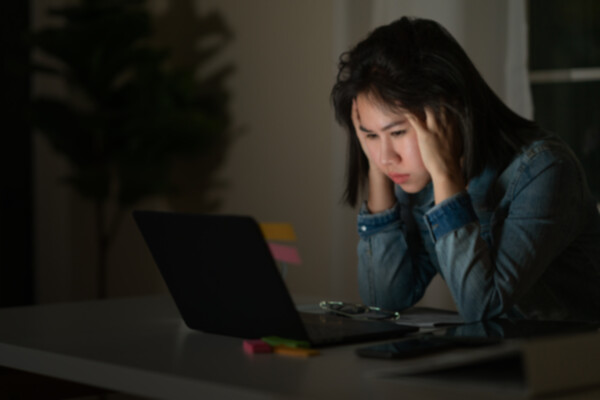
How to control anxiety?
The anxiety It can be expressed in very different ways in each person, from mental and physical reactions or changes in behavior. It is a reaction to a situation in which we are threatened in some way. But, in reality, anxiety is something positive that helps us face future events and increases our capabilities in those situations.
We believe that anxiety is triggered by a situation. Actually this is not true. That same situation can occur to many other people and it does not generate any type of anxiety. What activates our anxiety is thinking, our way of interpreting what is happening or will happen. Therefore, when we have anxiety problems, it is advisable to understand how these thoughts work and how we can change them for more adaptive ones. To control anxiety the key will be in the factors that we present below.
- Planning: An important topic when calm anxiety It is planning. A lack of planning in our lives subjects us to tensions and anxieties. If we spend time thinking and planning what we have to do, we gain a feeling of control over the situation. There is no productivity without setting goals and without good planning. The solution to knowing how to calm anxiety is to set realistic goals that can give direction to our lives, taking into account long-term and short-term goals, that are flexible and adapt to our changes.
- Relaxation techniques: Another way to end anxiety It is through relaxation and breathing techniques. There are multiple techniques that can help us, consult with your psychologist to find out which ones can benefit you the most.
- Avoid triggering situations: An important issue is exposure to situations that produce anxiety and stop avoiding them. Nipping things in the bud is a perfect antidote to nervousness. The longer we put off problems, the more afraid we will be of facing them.
- Take care of your diet and exercise: Mental and physical health go hand in hand. That is why it is vitally important to take care of our diet and exercise regularly to try to control anxiety Without forgetting that mealtime is a good time to relax and disconnect our mind. And physical exercise also serves as a kind of anxiety inhibition mechanism.
- Enjoy the moments: Enjoying is another recipe for calm anxiety Dedicating time every day to our leisure makes our head live more liberated. Many times we fall into the vicious circle of inactivity or “I don’t have time.” But the less I do, the less desire I have and the less time I find. To begin to break this cycle we have to force ourselves to do pleasant activities. As time goes by, the desire will appear and I will miss it if I don’t do it.
- Socialize: Finally, another tip for anxiety is to take care of the social area. Spending time and communicating with our friends and family can help reduce anxiety Every week we have to have a meeting that allows us to disconnect and relax.
- Meditate : Meditation, even just ten minutes a day, can help you a lot to treat anxiety. Do breathing exercises to feel better.
- Write a diary: It seems like a teenager’s thing, but the truth is that writing a diary is ageless. Releasing what we feel on paper can help us take a burden off our shoulders.
- Establish some habits: So that these days do not become heavy and consequently your feeling of overwhelm from being locked up and the anxiety increase, it is good to set a routine, just as if you were going to work.
- Identify what you likes to do : Try different things that motivate you to determine which ones you can add to your routine and at what time.
- Establishes reasonable goals : Let’s be realistic. You can’t set goals like walking 7km a day, when you’re probably not going to achieve it.
- Take into account the setbacks: Keep in mind that if one day you don’t feel like doing physical activity or meditation, for example, that’s okay, you can do something that motivates you much more.
However, there are certain moments in our lives when the anxiety It is permanent and the best thing we can do is seek professional help to give us the appropriate tools to get out of the rut and learn to manage our difficulties. Anxiety is a universal emotion that helps us adapt to the environment in which we live to guarantee our survival, both individually and as a species.
It is an adaptive response to events in the lives of any of us, which does not mean that it has to be bad “per se”, as it may prepare us for a situation to improve results and thus avoid negative consequences. if we just stood by.
However, it can become maladaptive (anxiety disorder) when we make anticipations regarding different life situations or problems that we interpret as negative, or harmful to our interests, and that, most of the time, will not occur. , nor to occur as we had thought, as they say, we put on the patch, before we get the wound. When this happens too many times, we must use a anxiety treatment and use these techniques that we have exposed to make it more than effective.
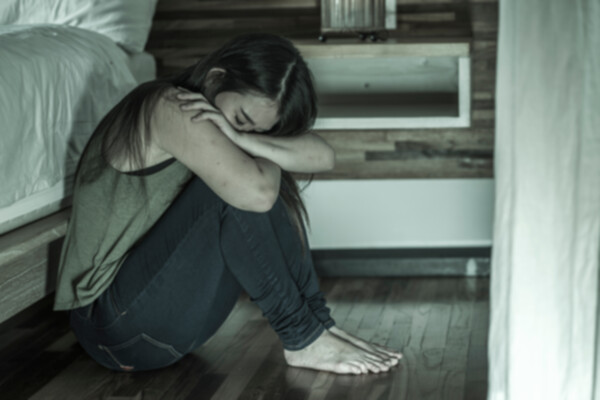
What to do when you have anxiety?
Whether you are experiencing occasional anxiety or you really suffer from an anxiety disorder, there are a series of tips that we can follow in the presence of any of its symptoms. Then for reduce anxiety We recommend the following:
- Accept that anxiety is normal: When your worries seem too excessive to you, it is normal for many people to think that they should not feel that way because of these ideas. Given this type of thoughts, it is advisable normalize anxiety instead of trying to avoid worries.
- Put anxiety in perspective: One of the ways of reduce anxiety It is precisely trying to think in perspective of those situations that worry us or that incite certain fears in us. For example, if we suffer from social phobia, we can put ourselves in the shoes of others to understand that it is likely that no one will judge us or laugh at us.
- Maintain healthy habits: Lack of healthy habits can worsen anxiety symptoms. For this reason, if you want calm anxiety It is important to try to maintain healthy habits. Exercise, eat healthy food, relax, etc.
- Sing or play music: If racing or overwhelming thoughts are limiting you, you can try relieve anxiety singing or listening to your favorite song. The reason why it can work is that it will distract you from the worries or fears that come with this disorder.
- Take a deep breath: When you feel too much anxiety, breathing exercises or meditation can help you address your symptoms. In this way, breathing deeply many times as a form of exercise can help you reduce anxiety
How to treat anxiety?
This disorder can be combated with different techniques, but mainly, there are the following: therapies for anxiety :
- Psychological treatment: Psychology is, today, the most effective way to overcome anxiety , since it delves into the origin of the disorder, its cause to understand how we can put an end to it. The professional may recommend individual or group therapies to help overcome the problem. The most used methods are cognitive-behavioral therapies, exposure therapies and interpersonal therapies, but many psychologists also work with other methods, such as mindfulness, positive psychology or narrative therapy.
- Pharmacotherapy: But depending on the degree of anxiety is suffered, it may be useful to accompany therapies with pharmacological treatment that helps reduce the limits imposed by the disease. And this is where medications take center stage, because some of them, such as benzodiazepines, can create addiction or have negative effects on the patient’s health (they can cause headaches, memory loss, etc.). For this reason, antidepressants and beta-blockers are often chosen (which help keep the heart rate stable when the patient faces a situation that generates anxiety). Pharmacological treatment must be prescribed by the doctor and involves monitoring by this specialist. In addition to the side effects of the medications, this treatment does not solve the problem, so when the patient stops taking the pills, they can return to suffer anxiety
- Alternative therapies: Finally, self-help methods and alternative therapies are also a very interesting and effective option for control anxiety In many cases, they can be combined with psychology to

